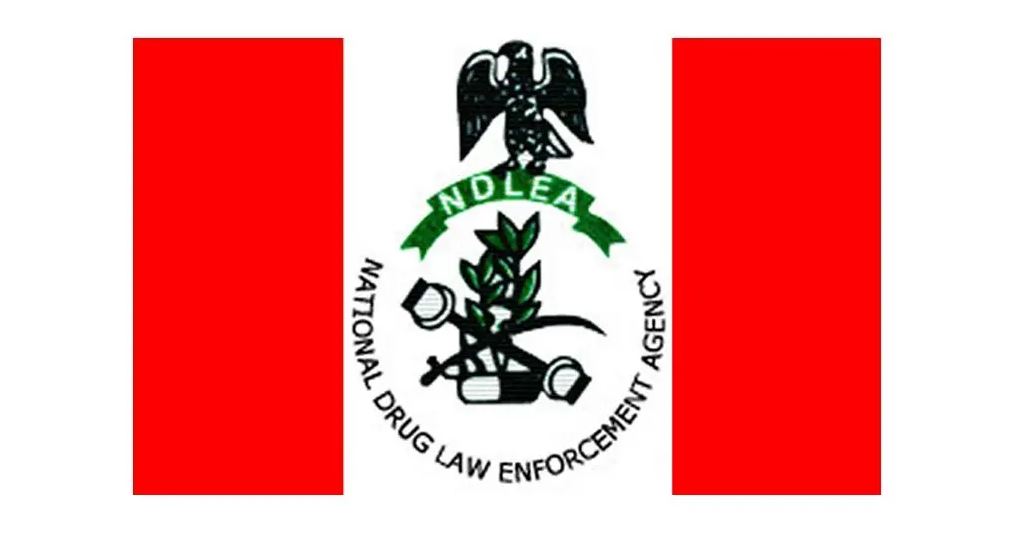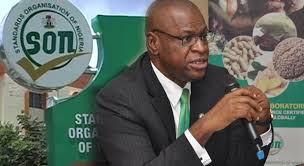The Executive Chairman, Federal Inland Revenue Service (FIRS), Mr. Babatunde Fowler, has opened up on the true performance of the Voluntary Assets and Income Declaration Scheme (VAIDS) regime during the first term of President Muhammadu Buhari (2015-2019).
In an interview on Arise TV monitored in Lagos recently, Fowler averred that the policy only raised Nigerian tax base with about new eight million new payers even as the total income from the exercise was not encouraging after all.
Giving additional details on impacts of VAIDS scheme introduced by former Minister of Finance, Mrs Kemi Adeosun, FIRS boss revealed that “In terms of increase in the tax base, it did play a very vital role as it brought to the fore front the importance of paying taxes.”
“On the individual level, we saw an increase of about eight million individuals, but in terms of the financial increase, it was minimal. But I think what we now have to consider are the consequences of those defaulters who don’t come forward or don’t pay the correct amount of taxes.
He said “We have spent the last two to years trying to encourage defaulting organisations and individuals to come forward and I think at the joint tax board we have taken a position that it is unfair for a few to pay taxes and for others to benefit from the tax payments
On why VAIDS scheme was not quite successful, Fowler said “It is as a result of people thinking that the government doesn’t have sufficient information”.
“People thought that even if they did pay, it might open doors to things that they have been trying to hide for a while. Under the VAIDS scheme, we had about 5,000 applications at the federal level, which resulted to about N92 billion, out of that about N60 billion has been paid, but since then, after talking with various stakeholders, we have recognised over 46,000 accounts that have banking turnover of over a N100 million and above annually for three years that are still not in the tax net.
“1,500 of those accounts alone have already remitted N63 billion in terms of tax revenue and that is about two per cent of the 46, 000 that did not come through this. So I think Nigerians still believe that we don’t have that information, but with the launch of the new TIN project, it was clearly made known to them that we have info and there would be consequences for those who do not pay their taxes.









